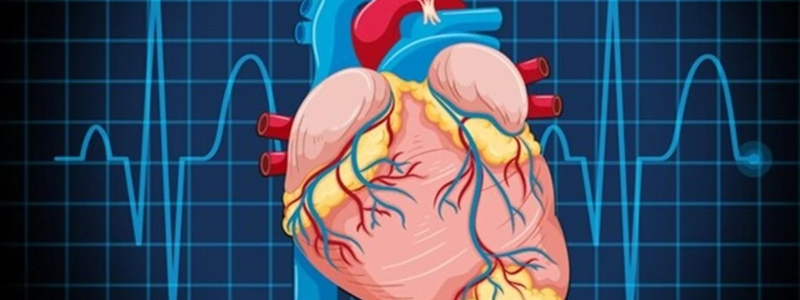

Email Id
Doctor Consultation

Cardiomyopathy is a group of diseases that affect the heart muscle, impairing its ability to pump blood effectively. It is a chronic condition that can lead to various complications, including heart failure, arrhythmias, and sudden cardiac death. Here, we explore the causes, types, symptoms, diagnosis, treatment, and management of cardiomyopathy.
Cardiomyopathy can have various causes, including:
Cardiomyopathy is classified into several types based on the underlying cause and structural changes in the heart muscle:
The symptoms of cardiomyopathy can vary depending on the type and severity of the condition. Common symptoms may include:
Diagnosis of cardiomyopathy typically involves a combination of medical history, physical examination, and diagnostic tests, including:
Treatment of cardiomyopathy aims to alleviate symptoms, slow disease progression, and reduce the risk of complications. Treatment options may include:
Long-term management of cardiomyopathy involves regular follow-up visits with healthcare providers, monitoring of symptoms and cardiac function, and adjustments to treatment as needed. Lifestyle modifications, adherence to medications, and genetic counseling may also be recommended.
Cardiomyopathy is a complex and potentially serious condition that requires comprehensive management and ongoing medical care. By understanding its causes, symptoms, and treatment options, individuals can work with healthcare providers to optimize their heart health and quality of life.